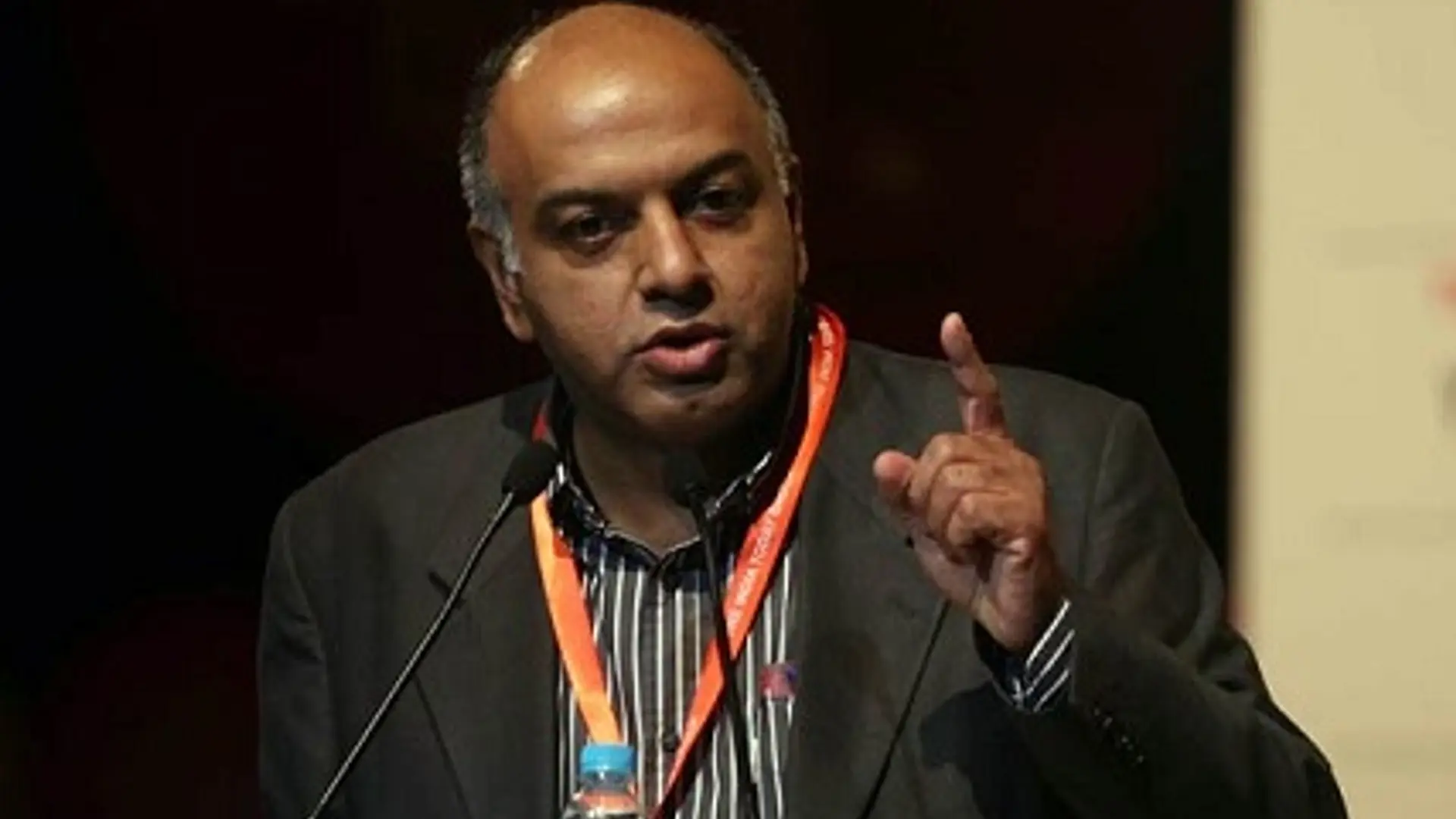Sanjeev Bikchandani says,"Entrepreneurship is now socially accepted and respected in India"

InfoEdge is on a roll. It is touted to be the next billion dollar company (in valuation), perhaps in a year. Sanjeev Bikchandani, the man behind naukri.com, an aspirational brand, got his hands dirty for six years trying out various small ventures. His seventh year in business finally proved successful when he launched naukri.com. Sanjeev called himself “entrepreneur by choice.” When he started up, in 1990, people’s impressions on entrepreneurs bordered on shady and generated comments like “he is doing something.” He said now there are many educated entrepreneurs by choice and entrepreneurs have become respected and socially accepted, which was not the case 25 years ago. He went on to list why is it the right time to be an entrepreneur in India at the Nasscom Product Conclave last week.Apart from social respect and acceptance, there are role models to look up to, who has achieved success. The iconic example is seven employees in Patni, hailing from middle-class backgrounds, coming together to create an IT behemoth, Infosys. This gives confidence for aspiring entrepreneurs to say, “Yes, it’s possible” and go out and try.
The ecosystem in the country has evolved. “In 1990, I didn’t hear the term venture capital,” Sanjeev recalled. It took six months for him to convince a national bank to give him overdraft of Rs. 30,000. Now there is enough risk capital available. He recalled how he turned down an investment of Rs. 8 crore from a US executive for 25% stake in the company when it was making just Rs. 18 lakhs in 1999. That was the dotcom era. He emphasized that customer money is the best money to run the business. He did take capital in 2000 by compulsion due to competition pressure though.
This apart, finding people to working in a startup was almost difficult to find. He cited examples of people who did not want to come and join a product startup. But today, InfoEdge employs 2500 people. Answering a question later, he said, the first few hires (at least the first 100) happens by the personal command of the entrepreneur. The founder is the magnet around whom people want to work with.
He pointed out that the domestic market should be targeted first before exploring the global market. He said the US has a large domestic market and so technological products find success there. “If you solve a local problem, you can go international,” he emphasized. He felt that the landscape is fertile in India now to startup.
Sanjeev explained that he sees 300 to 400 business plans a year and there is a “lot of proliferation of ideas.” Finally, they have made 10 investments, which includes Zomato, four years ago. Sanjeev shines as an example of a humble beginning and going on to become a No. 1 Indian player in online job search. By turning an investor, he is also funding dreams of many who want to succeed like him.







